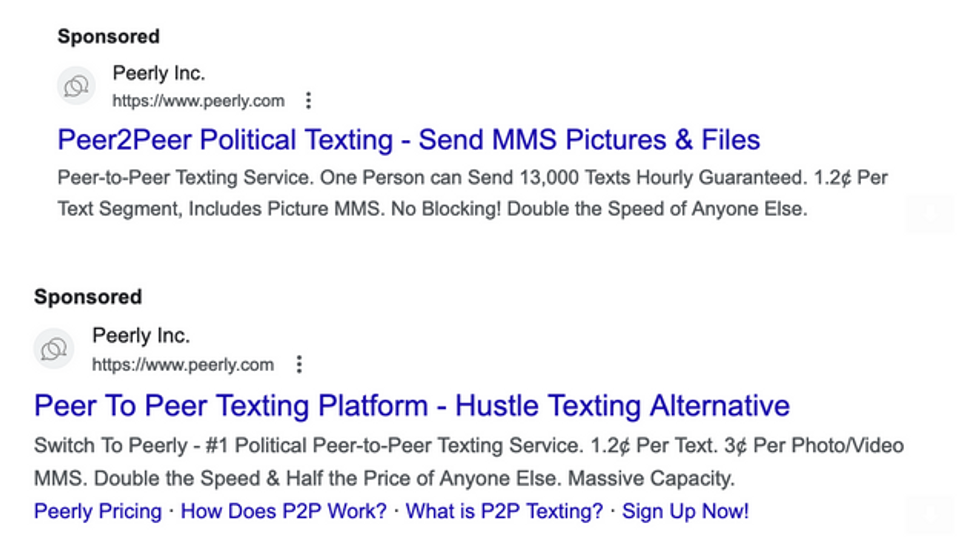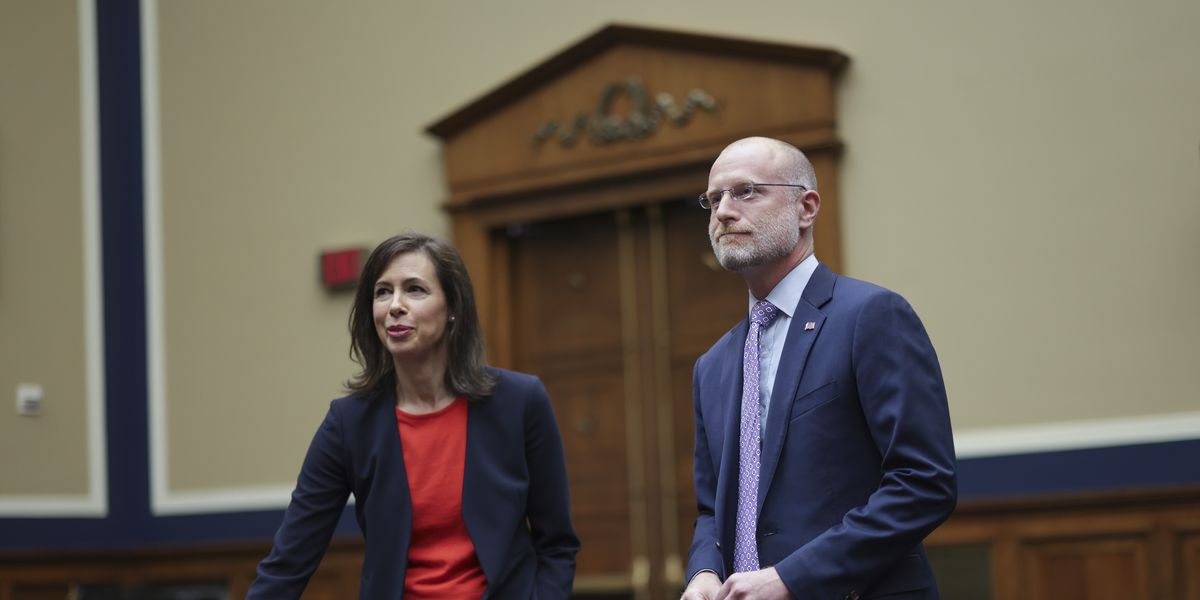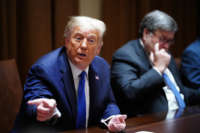
Do you have a friend, maybe an ex-girlfriend or an ex-boyfriend, who won’t stop texting you? Then you know how annoying it is, and difficult it is, once they have your number, to block them.
What if that same person turns into a stalker and starts sending you an unstoppable stream of messages from different phone numbers? Creepy! What do you do? Who do you call? Local police, FCC, FBI, your Attorney General?
That is, essentially, what politicians are currently doing when they spam targeted voters without their permission by simply obtaining their number and using peer-to-peer (P2P) text messaging from a random ten-digit phone number (10DLC).
Currently, it is impossible to unsubscribe from political P2P text messages. Even if you block one number, the messages keep coming at you from another – over and over again.
Last week the FCC took significant steps toward blocking text messages from scammers and spammers. In the first ruling of its kind, the government decided to force wireless carriers to block messages from invalid and unused numbers that many of today’s spammers use in these nefarious activities.
Unfortunately, this ruling still allows politicians to blast text messages to your phone as it does not hold political campaigns to the same standard regarding spamming voters.
Wait. What? Why? How Come?
It’s all based on how our government evolved its rulemaking around new technologies while playing catch-up to clever developers designing new hacks to create end-run around current rules to scam consumers. So while the Telecommunications Consumer Protection Act states that you can’t blast unwanted messages to consumers using an auto-dialer, some technologists created mobile phone apps to skirt these rules by crowdsourcing their activities through peer-to-peer (P2P) to volunteer proxy sending these messages instead of an autodialer. Unfortunately, in 2020 The P2P tech providers created the P2P Alliance that successfully lobbied the Trump Administration to roll back the specifically added protections against political spam messaging that the Obama Administration put in place in 2015.
Currently, there are no significant consequences for political campaigns, their data vendors, or peer-to-peer software providers to prevent them from continuously spamming voters.
This is not a partisan issue. All 50 states’ Attorneys General pushed for this new ruling as they are all receiving consumer complaints too. And it’s only getting worse. According to the FCC, text message spam has become a “pervasive consumer threat” as complaints have skyrocketed sixfold (from around 3,300 in 2015 to 18,900 in 2022). Almost certainly, you, too, have noticed the increase in spam messages yourself, or you know someone who has been duped, phished, misled, and scammed by these tactics.
Nonetheless, these companies claim that P2P text should be permissible because it “enables two-way text communication” and requires a person to manually send each text message through this software.
The P2P companies are not worried about the new FCC rules as they are currently advertising their spamming software to any campaign that wants to buy. One ad reads, “One Person can Send 13,000 Texts Hourly Guaranteed. 1.2¢ Per Text Segment, Including Picture MMS. No Blocking! Double the Speed of Anyone Else.”

It’s time for the FCC to weigh in and rule that these messaging apps are not being used for having personal conversations when users can send 13,000 text messages in an hour from a computer program that uploads voter file lists to an app.
I understand that politicians love this technology. It’s fast, extremely accurate, and super easy to target voters on the only device that is with them almost 24 hours a day. It’s become easy to match a list of donors’ cell phone numbers and blast out urgent messages to help raise critically needed campaign contributions. But this same technology is being used to target and spam voters with misinformation and disinformation. We saw this happen in 2012 and again in 2022’s Kansas statewide abortion-rights ballot initiative, where voters received inaccurate information from an unknown cell number to dissuade a group of targeted voters. We will only see more of this type of misleading spam messages in the upcoming elections if the FCC doesn’t take action by closing these loopholes and protecting American voters from last-minute voter suppression campaigns being run through our mobile phones.
In other words, just because big data technology allows political operatives to match a voter file with cell phone numbers to quickly target and reach millions of registered Democrats, Republicans, or Independents with spam messages on their cell phones doesn’t mean we should allow this type of abuse.
These P2P tech companies are violating your privacy and misusing your personal data by claiming that these messages resemble personal text messages and are not actually auto-dialed robotic spam. So the FCC needs to do more to make sure politicians are not spamming the same voters they claim to represent. It’s time the FCC creates a permanent text message do-not-text list that applies to political campaigns and P2P messaging that has real teeth and consequences for those that violate the rules.
This post was originally published on Common Dreams.




